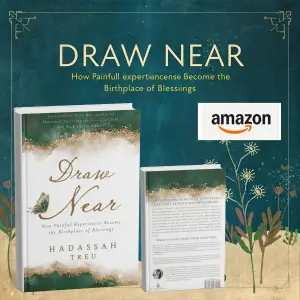A Journey Through the Wild West: A Review of Tucker: A Novel by Louis L’Amour
As I turned the pages of Tucker, I was reminded of the fierce solitude that accompanied me on many long summer days in my youth. I grew up watching classic Westerns, dreaming of the expansive landscapes and tales of bravery that they unfolded. Louis L’Amour, a master storyteller in the genre, captured my curiosity once more with Tucker—a novel that not only defines what it means to be courageous but also explores the complex journey from boyhood to manhood.
At the heart of the story is Shell Tucker, a young man propelled into a quest that is as much about reclaiming stolen money as it is about discovering his own identity. Following the death of his father, Shell is left with a heavy legacy: the $20,000 that his father was carrying—money essential for the struggling families back home. The fact that the culprits are his former friends, Doc Sites and Kid Reese, adds a poignant twist to his undertaking. I found myself feeling Shell’s internal conflict; it resonated with echoes of a childhood where loyalty and moral choices collided.
L’Amour’s prose is as efficient as it is lyrical. His straightforward style draws you in from the very first line: “When I rode up to the buffalo wallow, pa was lying there with his leg broke and his horse gone.” This sentence encapsulates the essence of adventure and sets the tone for the journey ahead. The pacing is brisk, delivering an exhilarating ride through breathtaking Western vistas while still allowing moments of reflection. Shell’s challenges aren’t just physical but deeply emotional, and L’Amour artfully intertwines philosophy into the narrative. As one character asserts, “A man should stop ever’ now and again and ask himself what he was doing.” This emphasis on self-reflection is timely and timeless.
The supporting characters, particularly the charming yet morally ambiguous Kid Reese, enrich the depth of the tale. Their dynamics create tension that keeps you on your toes, making you question the fine line between right and wrong. As Shell confronts each obstacle—be it a pursuer or an unfriendly landscape—his tenacity reminds us that growth often comes from facing our fears head-on.
One of my favorite quotes from the book, “If you can read, you can learn,” lingered long after I finished. This simple truth encapsulates not just the spirit of Shell’s journey but also the essence of L’Amour’s writing. The wisdom imbued in the story resonates with readers of all ages, reminding us of the power of knowledge and perseverance.
Tucker is an engaging read for anyone who appreciates stories of courage and the ethos of the American West. It serves as a reminder of the values we hold dear—honor, loyalty, and the relentless pursuit of what is right. I found myself reflecting on my own journeys, the battles I’ve fought, and the lessons I’ve learned along the way.
In conclusion, if you’re in search of heart-pounding adventure paired with moments of introspection, Tucker: A Novel is a must-read. L’Amour’s vivid storytelling will leave an imprint on your heart, just as it did on mine, lighting a spark of adventure that beckons us all to discover our own paths and fight for what we cherish.






